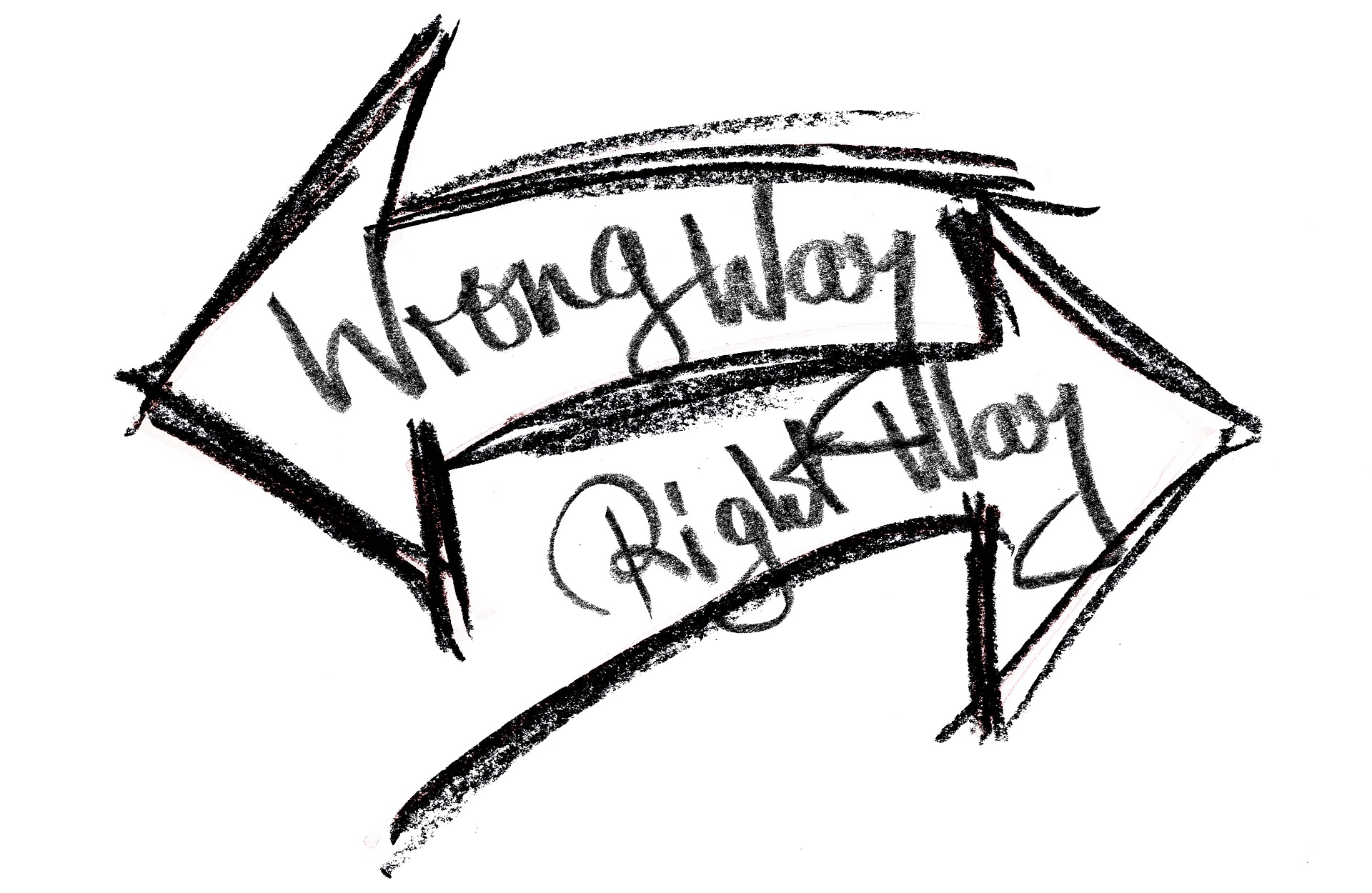Q: I am working with a group in their 30’s and 40’s who have been out of the workplace for some time, and now want to get back to work. I’m trying to prepare them for upcoming interviews, and I would appreciate a quick summary of the most common mistakes people make in a job interview. (DL, email).
A: When you work with clients over a period, you tend to see the same errors recurring.
1. Failing to prepare
The overarching error people make is failing to prepare, primarily in terms of not researching the company properly, but also in failing to prepare their own examples that they intend to relay to the interview panel.
Almost everybody under prepares. Yes, you come across the occasional candidate who goes in far too deep and ends up confusing themselves, but, by in large, people tend to wing it a bit.
There is no substitute for preparation. You need to know a great deal about the company, and you must be able to deploy that information during the job interview. When you start to research a company, it can feel a bit overwhelming but after a while you get a handle on it. Study their website and press releases closely, speak to people who already work there and get in touch with people who work in rival companies to find out what you can.
2. Failing to dress professionally
Failing to dress professionally for the job interview is more surprising than you might think, and it has been exacerbated during the pandemic. People got out of the habit of buying professional clothes and, often leave it until the last moment to decide what they’re going to wear for the interview, and sometimes it’s too late then. Think about what you’re going to wear well in advance and make sure that it fits, that it has been dry cleaned if necessary and that it’s ready to roll on the morning of the interview. Look good, feel good.
3. Failing to talk enough
In interviews, do people talk too much or too little? It’s a generalisation, but in my experience more people talk to little than talk too much. In an interview, you must elaborate on the information you’re providing. Don’t force the panel to pull teeth. If you want them to know, you’ve got to tell them.
4. Failing to relax
Many candidates are too formal or stilted in their approach. By trying to be word perfect, they can become robotic. A tip for this is to remember that you are a human being, and they are hoping to hire a human being: bring your personality into the room and let them see who you are. Don’t aim for perfection. It’s not achievable anyway, and is an interview panel expecting to find somebody without an apparent flaw or imperfection? I doubt it very much.
5. Failing to accept previous career setbacks
Worrying too much about past setbacks in your career. Don’t replay old arguments or reverses during the next interview. They might say they are interested, but trust me, they are not, apart from some mild curiosity that might even be labelled gossip. If something went against you before in your career, put it behind you now for the interview, and go in there and show them what you have for this role. There is no other goal. Do not treat an interview as an ad hoc counselling session.
Featured image courtesy of Pixabay.
Need interview training? Go HERE for all types of interview
Need our help? Complete this form below and we will get back to you

